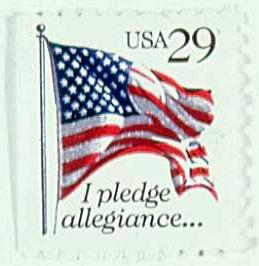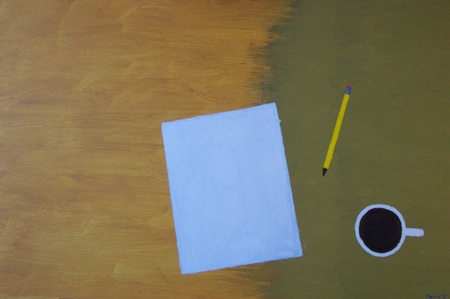The Only Thing You Can Control
Toiling away on index cards has a way of putting things in perspective.

Whether you’re hunched over a cubicle deep in your local library, or lying on your stomach atop your bed with the cards spread around you, scribbling on 3″x5″ pieces of paper forces you to immerse yourself in the process of writing.
It also helps you to let go of all of that other “stuff” that hangs over you.
Now that I’m deep into a new project, I’m seeing again how much of this thing called “writing” is out of our control:
- You can’t control the vicissitudes of the market.
- You can’t control whether editors are going to like what you write.
- You can’t control whether another writer is working on a book “exactly” like yours.
- You can’t control whether or not a genre is deemed “too crowded.”
- You can’t control those agents looking only to represent “breakout” books or “bestseller-level material.”
- You can’t control how your friends, your parents, your neighbors or even your sweet dog are going to react to your stories.
- You can’t control the size of your readership or the depth of your “platform.”
- You can’t control nasty, half-witted, prejudicial comments in the blogosphere about you and your work.
- You can’t control whether or not readers are inspired by you.
- You can’t control the U.S. Mail, FedEx, UPS or any other delivery service.

- You can’t control the ever-increasing price of stamps.
- You can’t control your fellow writers’ writing habits.
- You can’t control whether or not your writer friends take your advice.
- You can’t control the outcome of contests.
- You can’t control whether or not people are going to laugh at your witty line.
- You can’t control whether your story will be accepted by a journal.
- You can’t control how people in your community might perceive you when they find out you’re a writer.
- You can’t control the myriad tasks and nuisances that mysteriously show up the moment you become immersed in a new project: snow shoveling, dentist appointments, job responsibilities or arguments with your landlord or spouse.

Maybe it’s the working close-up, maybe it’s the microscopic print, maybe it’s the card’s tendency to draw more and more detail out of you, or maybe it’s all of these things. Whatever it is, working with index cards for the past few weeks has gotten my mind off the long list above and taught me once again what I think is the most important lesson about writing:
The ONLY thing you can control as a writer is your writing.
Whether or not you do it every day. How precise and apt your observations are. How true your dialogue sounds. How many words you write. The tools you use. The media you work in. The quality of your nouns and verbs. The variety of sentence structures you employ. How much you give to a reader.
If you DO the writing, if you keep your focus there, where your power is, those other concerns will take care of themselves.
Get into the writing. Love doing the actual work of typing, scrawling in pencil, changing words, making sentences.
It sounds like something the village idiot would say, but it’s true:
Love the writing.
Comments (2)